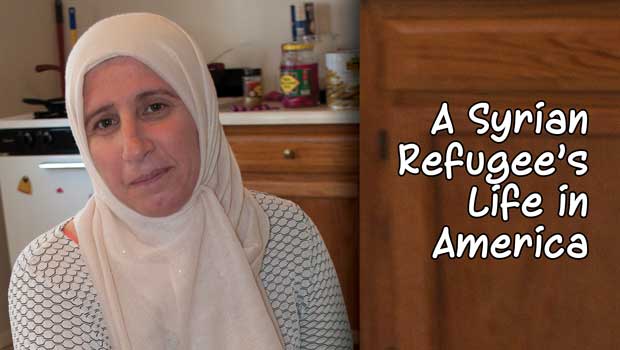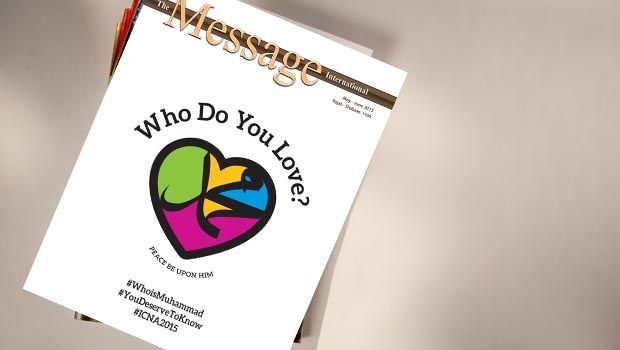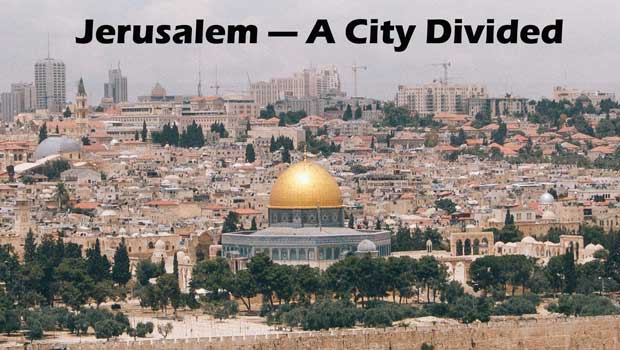I pull up to Rajaa Abbas’ house in quiet Dundalk neighborhood north of Baltimore. It is the last in a line of tidily arranged cape cod homes, each in close proximity to the next. The rose bush in the small planter in her front yard is blooming. Around them, she has turned the soil and planted some parsley and cilantro seeds, a little reminder of home she tells me at the door. “They haven’t come out yet, I’m not sure about this soil, we’ll see!” she shrugs.
Rajaa is eager to talk to me and quickly ushers me into her home. Before I have a chance to take my breath, paper-thin shrak bread is being torn in preparation for tisiqya, a casserole of chickpeas, tahini, and toasted bread. Squashes are being cored for mahshi, while cauliflower is frying for maqlooba, a rice and vegetable “upside-down” casserole (“the Palestinian way,” she tells me, “in your honor”). The kitchen is saturated with the aromas of cumin, safflower, cilantro, and olive oil. It is a non-stop flurry of activity that results in a feast lasting from breakfast through lunch, with a spread that also includes homemade cheeses, pickles, and jams.
Her mother-in-law situates herself at the kitchen table, helping out where she can. Rajaa moves back and forth seamlessly between her kitchen counter and the table, which has been meticulously arranged with a platter of fruits and sticky, sumptuous homemade baklava. Our conversation runs the gamut from the status of other Syrian neighbors, family members’ ailments or disabilities, children and their challenges in school (“he keeps getting pushed around by the other kids”), and garden pests such as squirrels, a creature with which she was wholly unfamiliar prior to her arrival here. “The rascal has been digging up my green bean seedlings outside!” she laments.
Rajaa, 43, has adapted to her new home of eight months better than most, but Dundalk is still a far cry from the Damascus neighborhood she called home. “Things were great in Syria, then the war started. Our entire neighborhood was on fire. It was no longer safe” she recalls solemnly. “Otherwise, why would we have left?” Her mother-in-law first spotted her during an Umra trip they were both taking over a decade ago. She saw her cooking at a shared kitchen in the hotel they were staying at. “She was making all sorts of delicious and elaborate food with ingredients she transported from Syria,” all quite a feat for a traveler on the go. She then suggested to her son that she might make a great spouse. “But Rajaa insisted she was here to focus on her spirituality, and that such matters could be discussed back in Syria,” she chuckles.
War, Migration, and Resettlement
Two kids and many years later, their lives took a turn for the worst as civil war enveloped the hometown they knew and loved, where she worked as a hairdresser and her husband a shopkeeper. They first sought shelter in her mother’s town, about an hour away from Damascus, before fleeing to Jordan. When the opportunity to migrate to the U.S. presented itself via the International Rescue Committee, they didn’t hesitate. But things weren’t as easy as they’d imagined. After their three-month rent-free grace period ended, reality hit them hard. With minimal assistance, ticket costs to pay back to the sponsoring agency, bills to pay, and minimal language ability or transportation, things weren’t simple as they’d imagined. “In Jordan, our rent was $100 a month! Now its $1400! Little by little, we managed. We met people, by Allah’s will, who were very compassionate and kind.”
The first few months, she would spend up to four hours a day using Baltimore’s less than ideal public transportation, along with her husband Yousef, to reach English tutoring sites. She is a quick learner and keen on doing what she could to help her husband with the bills, but quickly realized that she “wasn’t in Damascus anymore.” All job offers were more than an hour away and involved long hours and grueling work. “If I wanted my kids to have a solid foundation and upbringing, I realized that I’d need to be around to raise them as much as I could here, it wasn’t like back home.” With that mind, she began to participate in the cooperative of home-based refugee cooks, known as the Aleppo Kitchen. In addition to providing her with a meager income, the cooperative helps her own her time, network with potential clients, as well as obtain some basic knowledge and experience in the catering business. It is also a dignifying and empowering experience, she says.
The Aleppo Kitchen is an all-volunteer run cooking cooperative that was born out of a desire to address the acute and long-term needs of the Syrian refugee community in Maryland, as they transitioned to their new life. It was also a direct response to the recognition that while many of the families were still unable to drive or speak English, many were excellent home cooks and some had experience as chefs or bakers in their Syrian home towns. In addition to being an incubator of sorts, Aleppo Kitchen helps facilitate food sales opportunities, provide equipment, basic catering training, and positive community interaction and personal growth for the Syrian refugee community of the Baltimore Metro area. Though the project still lacks a space to call its own (eventually, the hope is to purchase a commercial kitchen where the women can work out of), there is still a high demand for catering and personal chefs.
Some forty women participate in the project. Although the income they receive and the opportunities for everyone to cook as much as they’d like are still minimal, it has given them a chance to get to know one another and provided a safe virtual space in which to communicate and commiserate, via the cooperative’s What’s App sub-groups. “I find catering to be a safeguard of sorts for my children. I can keep an eye on them, and be around to care for my mother-in-law” says Rajaa. She notes that it is also a very emotional experience. “When you cook, you remember certain things. When I make mamoul I remember my mother, I wish I was in front of them; she stayed in Syria.”
Supplementing Support for the Families
Rajaa is one of dozens of Syrian refugee families brought over to Maryland over the past two years. They now number around 180, with new families arriving as recently as a few weeks ago. They are brought over by organizations such as the IRC (International Rescue Committee), ECDC (Ethiopian Community Development Council), LSS (Lutheran Social Services), and World Relief. But the agencies’ resources are limited as are the provisions they provide, as Rajaa learned, which is where local communities step in. “Centers and local Muslim communities have been coordinating with resettlement agencies to supplement support for the families,” explains Khaled Albalajm, who works for one such resettlement agency on a policy level, and volunteers with BRIDGE America (Betterment of Refugees through Integration, Development, Guidance & Empowerment in America), a Maryland-based charitable organization that consists of concerned individuals assisting the refugees in their time of need.
Because most families were placed in metro locations outside of urban areas, finding their way around was one of the biggest and most immediate challenges. Errands as basic as grocery shopping can be difficult. “In the beginning all families had a challenge accessing grocery stores,” explains Khaled. Many lived in “food deserts” where the closest grocery was nearly three miles away, or a 35-minute bus ride.
Beyond that, jobs were incredibly difficult to come by, and those that did exist involved grueling hours and backbreaking work. “They had trouble making ends meet— those who rely on state funding did not receive enough to cover their rent.” Many months and frustrations later, there is some light at the end of the tunnel. Albalajm says the majority now have vehicles and many have jobs, low paying though they may be. “The good news is, now some 95 percent of the male members of the household have jobs, and 80 percent have cars. Volunteer English tutors visit their homes regularly, and two of the refugees have their own landscaping and mechanic business.” While the road to self-sufficiency, from Syria to America, is a steep one, with many hopes and sorrows, and fears about loved ones left in Syria, those who persevere can find their new home a positive experience. So says Rajaa Abbas. “With our reliance on the Almighty, slowly, but surely, we will find our way. We are blessed to have had such an opportunity.”





